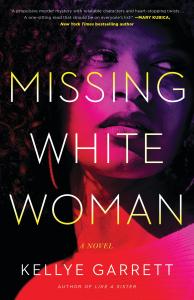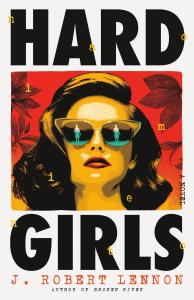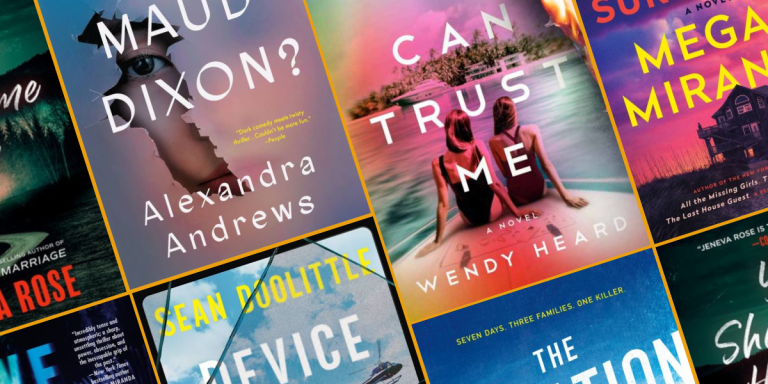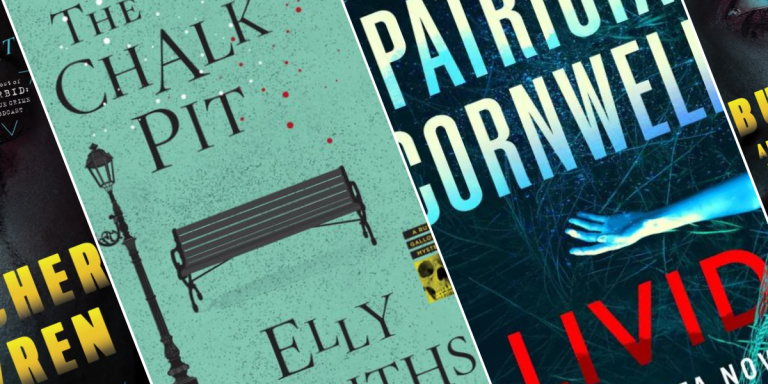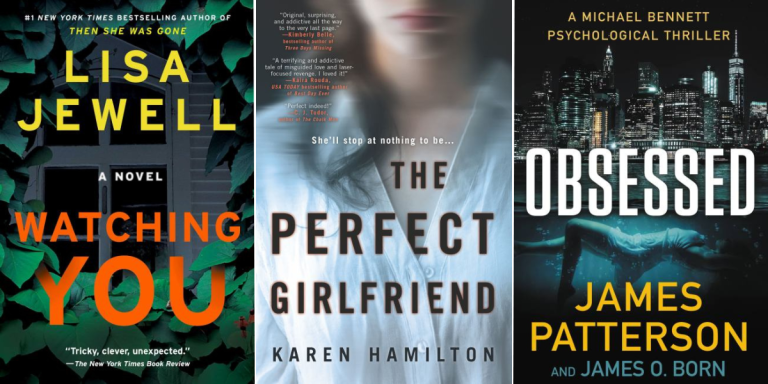Breaking Down Psychological Thrillers
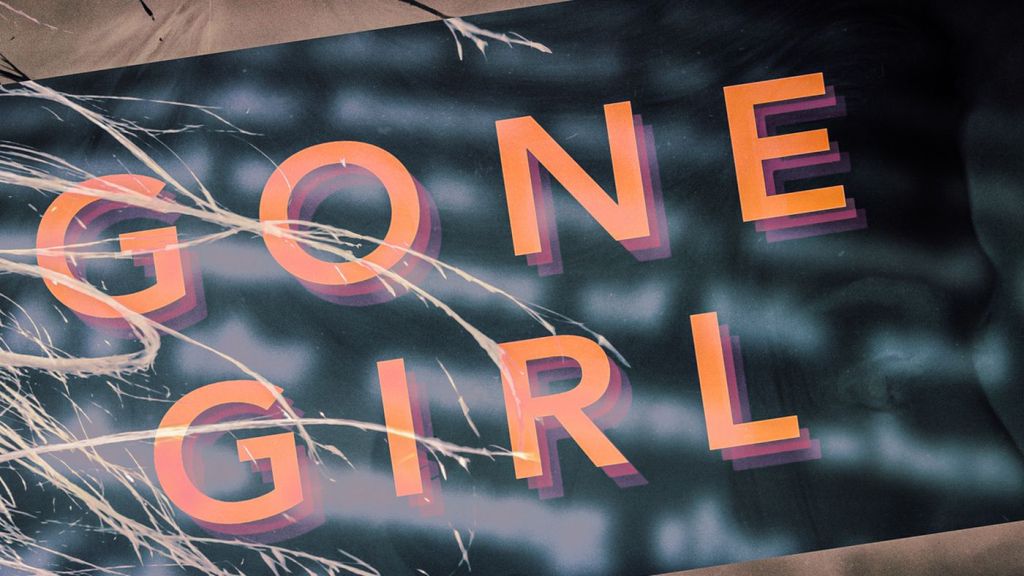
All thriller novels offer readers exciting stories of suspense and intrigue. But there’s nothing quite like a psychological thriller. Psychological thrillers play tricks on our minds, have us second guessing what’s hidden in the shadows, and have us second guessing our own perceptions of the reality. The world is obsessed with psychological thrillers. But what are they? And what is it about them that makes them such a spooky and unnerving constant?
We all know the feeling of reading a good thriller. You’re on the edge of your seat. You can’t stop turning the pages. All thrillers include some sort of external threat that find our main characters in some kind of danger. But in a psychological thriller, the threat often becomes internal. Beyond whatever dangers await the characters on the outside, psychological thrillers explore the dark, dangerous shadows that lurk within us all.
How does a psychological thriller do this? Many include an unreliable narrator to build doubt and unease in the story. Take popular best-selling psychological thrillers like Gillian Flynn’s Gone Girl or Verity by Colleen Hoover. Both stories include narratives by characters who are less than honest. In fact, these characters use the reader’s trust in them to build a narrative that serves their purposes. By the time we as readers discover what’s really going on, it’s hard to trust anything we read anymore.
Of course, sometimes in a psychological thriller, narrators aren’t purposefully lying or hiding information. Sometimes the truth is hidden from them, and so they can’t report the full truth to readers. For instance, Melanie, the narrator of M.R. Carey’s The Girl with All the Gifts, reports to readers the world as she sees it. But as a child, she doesn’t always know everything that’s happening or, more important, why it’s happening. And that not knowing creates a thrilling sense of unease as you read the book.
Even if the narrator isn’t unreliable, a psychological thriller book focuses on the inner turmoil of a character’s thoughts. In a book like KInae Minato’s Confessions, a middle school teacher named Yuko Moriguchi who is dealing with the loss of her daughter and her struggle to deal with those feelings as she seeks revenge. As the book continues and the teacher confronts her students, the emotional stakes get higher and higher. The emotions and the mental state of the characters are what drive the story forward as the tension builds.
And that’s another thing you’ll find in all great psychological thrillers: it’s all about a slow build of tension. Thrillers like Nina Laurin’s The Last Thing She Saw and Megan Abbott’s Give Me Your Hand slowly ramp up the emotional stakes to keep you on the edge of your seat. In fact, pick up any thriller mentioned here, and you’re guaranteed to get an excellent, effective slow build of tension that will keep you guessing until the final page.
But speaking of keeping you guessing? Yes, a lot of psychological thrillers have twist endings. Of course, this isn’t a necessary part of a psychological thriller. That would be too predictable! But it’s a safe bet that if you’re reading a psychological thriller, there will be something that happens towards the resolution of the story that will throw you for a loop. A good plot twist comes as a surprise to readers, but the most successful plot twists are ones that make total sense in retrospect. Think about The Sixth Sense. There’s a reason that’s one of the most iconic plot twists of all time. When a psychological thriller executes a good twist, we just can’t stop thinking about it. And it’s one of the things that makes psychological thrillers so appealing.
What’s your favorite thing about psychological thrillers? What are the best ones you’ve read lately? Here are a few new and upcoming ones you might consider adding to your TBR:
By clicking 'Sign Up,' I acknowledge that I have read and agree to Hachette Book Group’s Privacy Policy and Terms of Use
What to Read Next
Emily Martin has a PhD in English from the University of Southern Mississippi. She’s a contributing editor at Book Riot and blogs/podcasts at Book Squad Goals.
